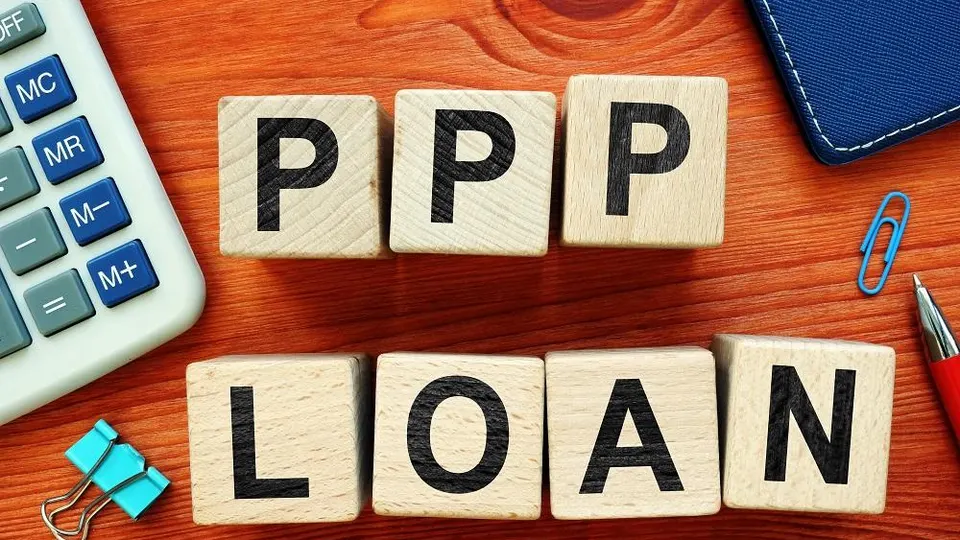Loans are taken by individuals and corporate organization for different reasons. It could either be to fund your education, start a business or finance an existing business. Taking out loans has helped to relieve and reduce various financial burdens and situations that may arise. Though borrowing a loan can solve financial problems but it is necessary to know how to reduce your loan costs and not incur an extra loan cost. This article gives a detailed information on how to reduce the total cost of your loan.
What is a Loan?
A loan means giving out money or property to an individual or organization by another individual or corporate organization whereby the borrower is expected to pay the sun of money borrowed plus interest charges at a later date. Loans are taken to finance situations that were planned or unplanned for. Loans can be borrowed for education, business or personal reason and they can be borrowed either on a short term or long term basis depending on the borrower and the interest rate charged.
What are Loan Costs?
Loan costs are the charges or cost incurred in the process of obtaining a loan. Before a loan can be given out, there are necessary costs and fees charged such as registration costs, appraisal costs, legal costs and processing costs. Your loan costs can either be increased or reduced depending on how your take charge or control of how the loan was spent and the repayment process.
Factors that determines your loan costs
The factors that plays a role in determining the total cost of your loan and that you must have control over so that your costs are managed rather than increased are:
- Interest Rate: When you borrow money, there is an interest rate charged on the amount borrowed. The interest rate varies depending on the lender, the loan options and even the amount borrowed. Interest rate can be measured and expressed in APR ( Annual Percentage Rate).
- Credit Score Profile: Lenders consider your credit score to determine your ability to pay before giving you the loan and also to determine the interest rate that would be charged.
- Total Income: Before a lender can give out a loan to you, they make proper research about your income, how it affects your debt repayments and your ability to pay your debt as at when due.
- Total Debt: When you apply for a loan, banks and other financial institutions consider your total debt repayment every month and how much of your income is used to settle debts owed.
- Loan options/ terms: The loan options you are considering has an influence on the increase or reduction of your total cost. Whether it’s an house loan or an auto loan the loan options you choose affects your loan costs.
How to reduce your loan costs
Loan taking is not only about how much you can borrow, but what you can do to reduce its cost. There are 8 ways explained in this article that you implement to reduce your loan costs.
- Offer comparison: Before you make your final decision on what loan option to subscribe to you should do a thorough research on various loan lenders, their loan options and their interest rate. Comparing offers allows you save money and also get and also get an affordable and decent interest rate. When comparing offers you should get detailed information about the loans annual percentage rate (APR), repayment terms and interest charged.
- Opt for a shorter term: You can either take a loan either on long term or short term depending on if the lender or the loan options allows you a repayment term. A shorter loan term allows you pay your debt quickly and reduces your loan costs. If you are considering a low interest cost then you should opt in for a short term loan.
Note: Repayment term means the number of years a loan must be fully paid.
- Early loan payment: It is much more advisable to make your loan payment as early as possible to avoid an increase in interest. The extra payment you make towards your loan leads to a decrease I’m your total loan and interest. For example if you took a business loan and your monthly payment is $25000 adding an extra $5000 helps you pay your loan quicker and reduce your interest.
- Good credit score: Having a good credit score offers you a wide range of loan options you can choose from. It also allows lenders check your ability to pay your debt and pay on time. You can improve your credit store profile by making all debt payments early, pay your credit card balances.
- Pay above the minimum debt: Ensuring you pay your monthly minimum debt is good but you can work toward paying above your monthly required debt to reduce your overall debt. The more payment you make the lesser your debt becomes. It is necessary to be used your lender accepts extra payment before you pay above your monthly minimum payment.
- Autopay: Autopay is the best medium to pay your debt quicker and reduce interest rate. This method allows your lender deduct the fixed monthly amount as agreed. This helps you make payment as at when necessary without forgetting to pay or paying late.
- Refinance your loans: You can reduce your total loan cost by refinancing your existing loan with another lender offering a low interest rate. You might be able to get a better interest rate, or a shorter loan term through refinancing.
- Variable rate loans: A variable rate loan is a type of loan whose interest rate varies as the market interest rate changes. The interest rate of a variable loan can either be high or low depending on market changes. It could help reduce a loan total cost and allows debt to be cleared off quickly. Before taking a loan with a variable rate you should consider the risk involved if the market rate increases.
Conclusion
Taking out loans help solve financial issues but we should be mindful of paying as at when due so the interest rate and debt does not increase. It is important to pay your debt earlier so you do not have to pay extra.






